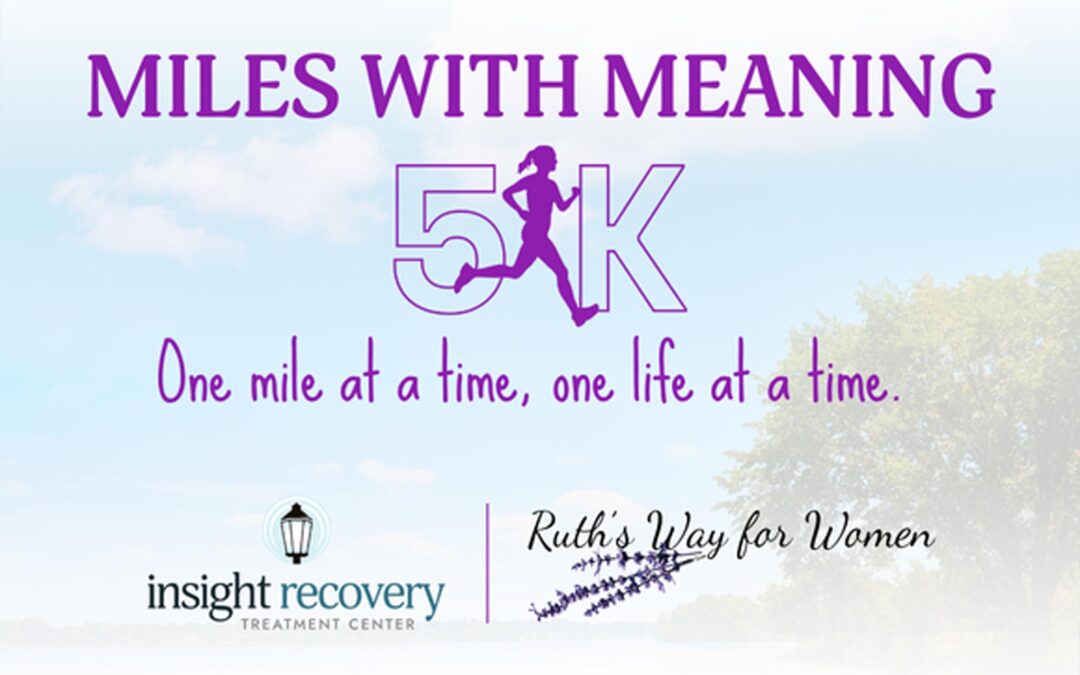Understanding the Importance of Effective Communication
Families dealing with addiction often face significant emotional and relational challenges. Misunderstandings, frustration, and unspoken feelings can create barriers to recovery. Establishing effective communication within the family unit is essential for fostering trust, understanding, and support during this difficult time.
According to the Substance Abuse and Mental Health Services Administration (SAMHSA), strong family support improves treatment outcomes for individuals struggling with addiction. Open, honest conversations can reduce stigma, encourage professional help, and strengthen relationships. This article explores practical effective communication strategies that families can use to support their loved ones.
Key Strategies for Effective Communication
1. Practice Active Listening
Active listening is a vital skill that fosters trust and understanding in family communication. It involves fully concentrating on the speaker, processing their message, and responding in a way that shows empathy and validation. This approach can help families strengthen their bonds and engage in more effective communication by:
- Maintaining eye contact, using open body language, and offering verbal affirmations like nodding or saying, “I understand.”
- Refraining from interrupting, dismissing emotions, or making assumptions about what the other person is trying to express.
- Paraphrasing key points to confirm understanding, such as, “I hear you saying that you feel overwhelmed”.
- Asking open-ended questions that encourage deeper discussion rather than shutting down the conversation.
By prioritizing active listening, families create a safe environment where individuals in recovery feel heard, valued, and respected. When people know their thoughts and emotions are acknowledged without judgment, they are more likely to engage in honest and open conversations, which are crucial for healing and growth.
2. Use “I” Statements Instead of “You” Statements
When discussing concerns with a loved one struggling with addiction, the way you phrase your thoughts can make a significant difference in how they respond. Instead of using statements that sound like blame or accusations, families should focus on expressing their own emotions and experiences through “I” statements.
For example, rather than saying, “You never pick up your phone!”—which can come across as confrontational or accusatory—try saying, “I feel worried when you don’t answer my calls.” This shift in language helps create a more open and supportive dialogue, reducing defensiveness and increasing the likelihood of a productive conversation.
Using “I” statements allows family members to express their emotions honestly without making the other person feel attacked. It encourages empathy and understanding, paving the way for more meaningful discussions. This approach also helps maintain a sense of respect and care in communication, which is essential when navigating the challenges of addiction recovery as a family.
3. Set Healthy Boundaries
Boundaries are crucial for effective communication and maintaining emotional well-being. Families can:
- Clearly define acceptable behaviors and consequences.
- Communicate expectations without ultimatums.
- Seek professional guidance if boundary-setting becomes challenging.
4. Avoid Enabling Behavior
Supporting a loved one through addiction does not mean shielding them from consequences. Families should:
- Recognize the difference between helping and enabling.
- Encourage accountability and responsibility.
- Seek external support, such as family therapy.
5. Encourage Professional Help
Professional treatment, counseling, and peer support groups can enhance recovery outcomes. Addiction is a complex disease that often requires a combination of therapeutic interventions, medical support, and emotional encouragement. Families should take proactive steps to assist their loved ones in seeking professional care, which includes:
- Educating themselves on available treatment options – Understanding the different levels of care, such as inpatient rehab, outpatient programs, and support groups, allows families to guide their loved ones toward the best-fit treatment. Insight Recovery Center offers various evidence-based treatment programs that address addiction and co-occurring disorders.
- Encouraging participation in therapy or support groups like Al-Anon – Group therapy and peer support networks create a sense of belonging and provide a safe space for sharing experiences. Al-Anon and Nar-Anon meetings specifically support families and friends of individuals facing addiction, fostering mutual support and education.
- Attending family counseling sessions together – Addiction impacts the entire family, making it essential for everyone to engage in therapy. Family counseling at Insight Recovery Center helps rebuild trust, improve communication, and establish a healthier dynamic at home.
Organizations such as the National Institute on Drug Abuse (NIDA) provide research-backed guidance on treatment options.
Overcoming Communication Barriers
Recognizing Emotional Triggers
Addiction-related conversations can become emotionally charged. Families should:
- Identify triggers that lead to arguments.
- Take breaks when discussions become heated.
- Practice self-care to manage stress effectively.
Addressing Stigma and Shame
Stigma prevents open discussions about addiction. Families can combat this by:
- Using person-first language (e.g., “a person in recovery” instead of “an addict”).
- Educating themselves on addiction as a medical condition.
- Advocating for compassionate and supportive dialogue.
Seeking Mediation When Needed
If family conversations become unproductive, involving a neutral third party can help. Professional mediators, therapists, or support groups can facilitate effective communication in a structured environment.
Community Support and Resources
Families do not have to navigate addiction alone. Support networks offer guidance, education, and encouragement. Helpful resources include:
- Insight Recovery Center – Offers counseling, and addiction treatment services.
- Stoneham Coalition – Provides local resources, workshops, and community support programs.
- SAMHSA National Helpline – A free, confidential treatment referral service.
- Al-Anon – A support group for families and friends of individuals struggling with addiction.
Final Thoughts
Families play a crucial role in the recovery process. By practicing effective communication, setting boundaries, and seeking support, they can create a positive environment for healing. Remember, recovery is a journey, and patience, education, and compassion are key.
Reach Out For Help
If your family is struggling with addiction, you are not alone. Insight Recovery Center and The Stoneham Coalition offer resources, counseling, and community support to help you navigate this journey. Contact Insight Recovery Center or visit Stoneham Coalition for more information on support services in your area.






